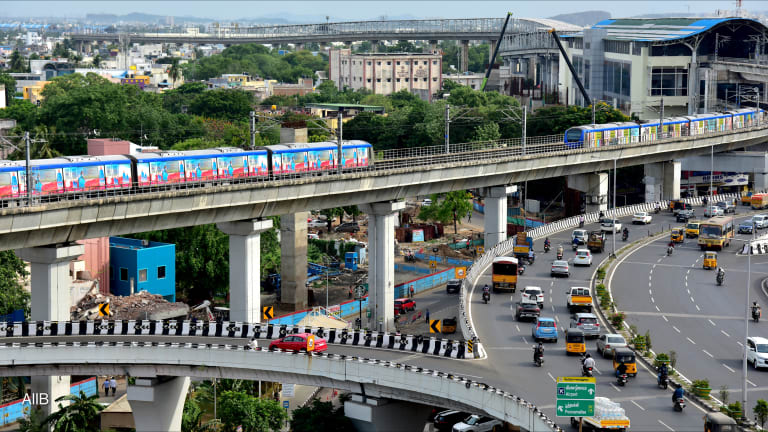Asia is by far and away the global top performer in the pace of economic growth, but it is becoming clear the region can no longer continue pursuing growth at any cost and postpone social inclusion and the environmental care. As we now know, everything won’t come out in the wash. There is no universal strategy for pursuing a triple bottom line of high, socially inclusive and sustainable growth — but better governance is imperative.
Asia ranks low in some of the global measures of good governance. Southeast Asia fares poorly in control of corruption. In East Asia, the gaps are wide for voice and accountability, an indicator which captures perceptions of the extent to which citizens can participate in policy making processes and the accountability of governments. South Asia ranks low in political stability. Stakeholder surveys at the Asian Development Bank consistently rank poor governance and corruption as top threats to the region’s development.
Ordinary citizens and civil society organizations, meanwhile, are becoming increasingly vocal in demanding better governance from their decision makers and public institutions. Here in the Philippines, of course, the alleged misuse by high-profile politicians of billions of pesos in state funds for development projects has caused a national furor.








